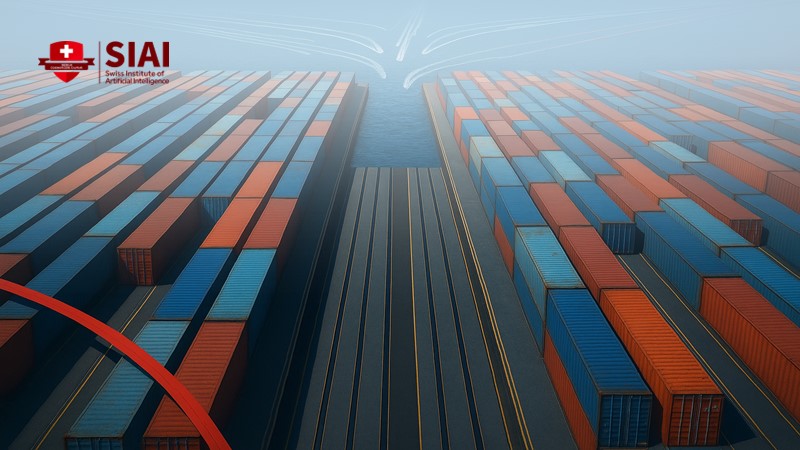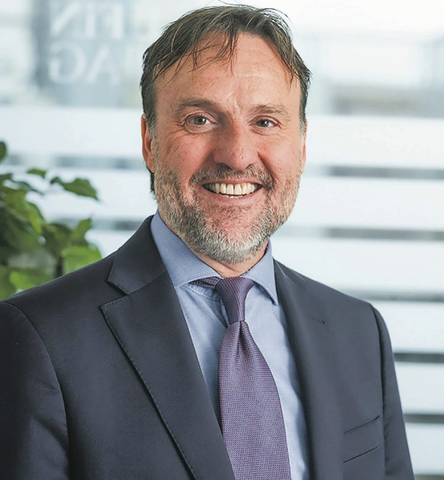
Extra information helps only when it adds new, orthogonal signal and is easy to process Central banks and schools should use plain anchors and concrete rules to trigger a Bayesian information update Measure belief shifts, not word counts, and iterate when messages fail to move the posterior
Read More
Higher education now behaves like a market good, and price signals matter Governments should fund fewer, stronger universities and tie money to outcomes Demographic decline demands ruthless quality control, clear labeling, and real bridges to opportunity
Read More
AI is recomposing jobs, not erasing them Throughput with judgment beats years of experience Schools and employers must teach, verify, and hire for AI-literate workflows Between 60% and 70% of the tasks people perform at wor
Read More
Diverse central bank messages help schools manage borrowing and risk Single-voice guidance can harm welfare via the Hirshleifer effect Adopt disciplined plurality: fixed venues, ranges, and scenario-based planning When
Read More
AI boosts task productivity, especially for novices AI labor displacement is real but small and uneven so far Protect entry-level pathways and buy for augmentation, not replacement Let's start with a straightforward fact.
Read More
AI is erasing junior tasks, widening wage gaps Inside firms gaps narrow; across markets exclusion grows Rebuild ladders: governed AI access, paid apprenticeships, training levies One figure should change how we think
Read More

Retail investing is up; teach people to earn the market, not chase alpha. Use low fees, diversification, and cool-off safeguards to curb herding and fraud—especially for seniors Tie curricula to app defaults so good habits are automatic and long-term wealth compounds
Read More
Europe isn’t short on capital or degrees; it’s short on TFP The fix is leadership that scales tech, intangibles, and management practice Educators, policymakers, and CEOs should fund intangibles and integrate AI in SME training
Read More
Fertility is falling because systems and costs—not desire—make second births hard Peer competition magnifies housing, childcare, and career penalties into a one-child arms race Cap childcare, decouple school access, expand father leave
Read More
Cooling classrooms cuts heat-related learning loss but doesn’t reverse falling math scores Pair AC with ventilation, phone-off rules, and morning math blocks for bigger gains Treat HVAC as a policy for instruction and track outcomes to fund what truly boosts achievement
Read More
Credible budgets cut inflation Rising defense and debt threaten school funding Multi-year fiscal plans can protect education In May 2010, Greece initiated a significant one-year budget cut in the euro area, reducing i
Read More
Forecast errors turned a supply shock into larger welfare losses; “look-through” amplified them Make look-through state-contingent with public shock decompositions and automatic triggers Shield schools via indexed budgets, pooled energy hedging, and efficiency investments that cut volatile costs
Read More
Robots should be Europe’s first responder to ageing, handling routine work so people focus on human-only tasks Education must pivot fast—stackable credentials for robot operation, integration, and safety Use migration where irreplaceable in care and teaching; automate the rest to stabilize growth
Read More
Local debt collapse and deflation push silent austerity into schools Beijing can prevent a bank crisis, not classroom payroll pain Protect operating budgets, ease family costs, and retool TVET The number that will
Read More
Tariffs push India and China toward pragmatic corridor-based coordination Chokepoints like Malacca demand education focused on logistics, compliance, and applied R&D Build corridor-ready micro-credentials now to hedge volatility and capture growth
Read More
China–Russia stick together because discounted energy and sanctions pressure align their interests Despite mistrust, flows of oil, gas, and parts—often via North Korea—keep the bond tight Education systems should budget for energy shocks, harden compliance, and teach scenario planning
Read More
Eustress—purposeful, controllable challenge—appears to extend healthspan Evidence from royal lifespans and modern biology suggests agency under load, not early exit, supports longevity Replace hard retirement cutoffs with flexible, late-career roles that maximize autonomy, mentoring, and recovery
Read More
AI excels on known paths, so schools must shift beyond procedure Assessments should reward framing and defense under uncertainty This prepares students for judgment in an AI-driven world Every era has its pivotal moment.
Read More












